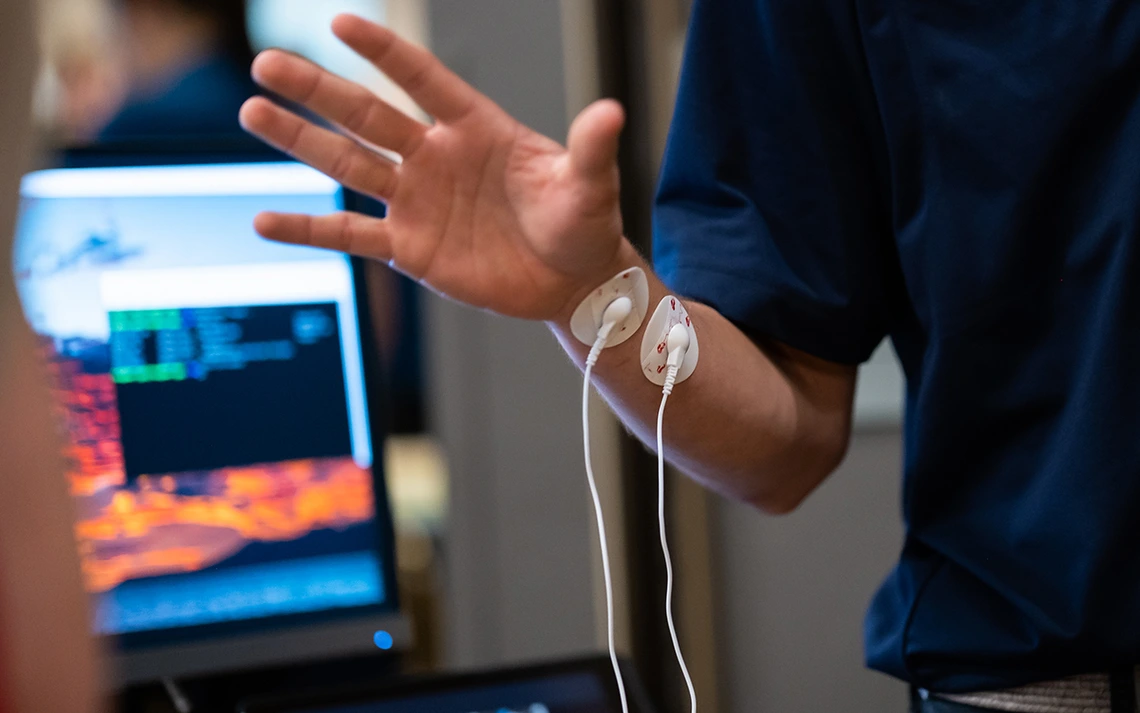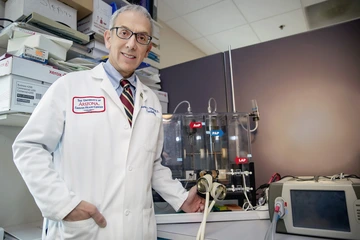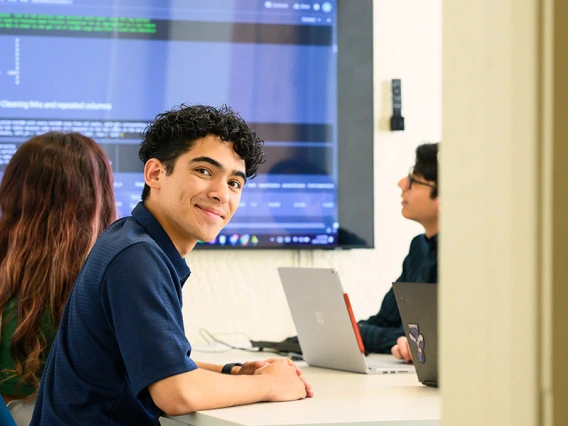U of A colleges unite to launch medical device degree
Graduates of the Bachelor of Science in Medical Device Development and Application program will be well equipped for careers in the biotechnology field.

The University of Arizona College of Medicine – Tucson will begin enrolling students in the Bachelor of Science in Medical Device Development and Application program in spring 2026.
The Arizona Board of Regents approved the University of Arizona’s Bachelor of Science in Medical Device Development and Application at their June 12-13 meeting, ushering in a lucrative opportunity for undergraduate students to enter one of the fastest-growing health care fields in the country.
The medical devices industry is responsible for creating more than 2 million jobs in the U.S., according to the International Trade Administration.
The degree, housed in the U of A College of Medicine – Tucson, will be delivered as a collaboration between engineers, physicians, scientists, business professionals and lawyers, with a focus on medical field devices and technology. Graduates will be well prepared for corporate, government, research and private sector jobs.
“After four short years, these graduates will be fluent in the languages of medicine, engineering, business and law as these relate to medical devices. According to the latest U.S. Bureau of Labor Statistics, there is a predicted shortage of 10,000 workers per year for the next 10 years in the biotech space, and entry level salaries for these jobs are quite high, especially given the demand,” said Dr. Michael M.I. Abecassis, inaugural Humberto and Czarina Lopez endowed dean of the College of Medicine – Tucson.
Students in the program will take introductory medical school courses, including simulation training, to become fluent in anatomy, physiology and medical terminology. From there, they will learn about the design, creation and application of medical devices at the College of Engineering, gain business acumen at the Eller College of Management, and become familiar with legal and regulatory issues at the James E. Rogers College of Law. Additionally, Tech Launch Arizona, the U of A’s commercialization arm, will give students real-life exposure to ongoing technology transfer activities.
“Today, the number of new drugs has been going down, but the number of new medical devices has been on the rise,” said Dr. Marvin Slepian, Regents Professor of medicine and biomedical engineering, director of the Center for Accelerated Biomedical Innovation and member of the BIO5 Institute.
A rapidly aging population, the shift toward delivering in-home health care, and the increasing prevalence of diabetes, hypertension and other chronic diseases are key developments expected to boost medical device sales in the next decade.

Dr. Marvin Slepian, Regents Professor of medicine and biomedical engineering, directs the Center for Accelerated Biomedical Innovation.
“The cost of medical device development and technology has been fairly stable compared to the cost of drug development. We’re getting a lot of bang for our buck,” Slepian said. “We’re proud and excited that the U of A has been behind this degree. Medical device technology is almost swamping out drug development. It’s definitely the wave of the future.”
By program’s end, students will assess disease therapies, use core business principles, and evaluate risks and rewards of emerging medical technologies.
“Anyone coming out of the program will be able to hit the ground running, and will be desired by medical device companies, biotech, pharma, regulatory agencies, insurance companies, or the legal field,” Slepian told AZPM.



